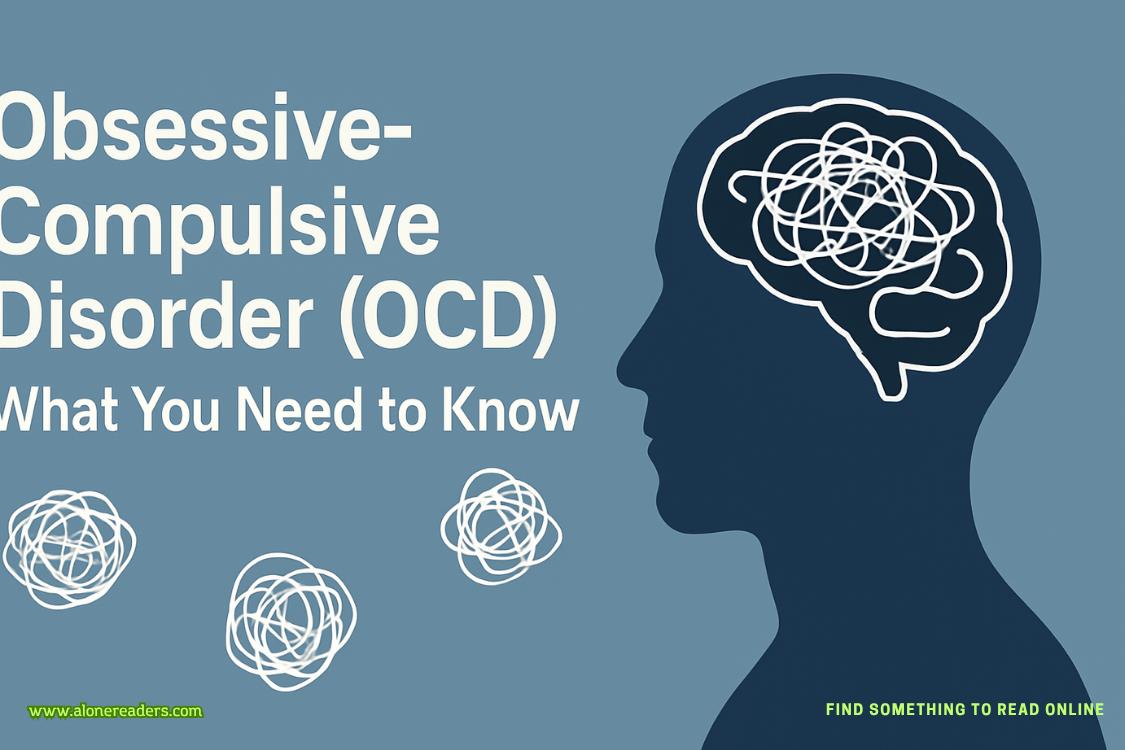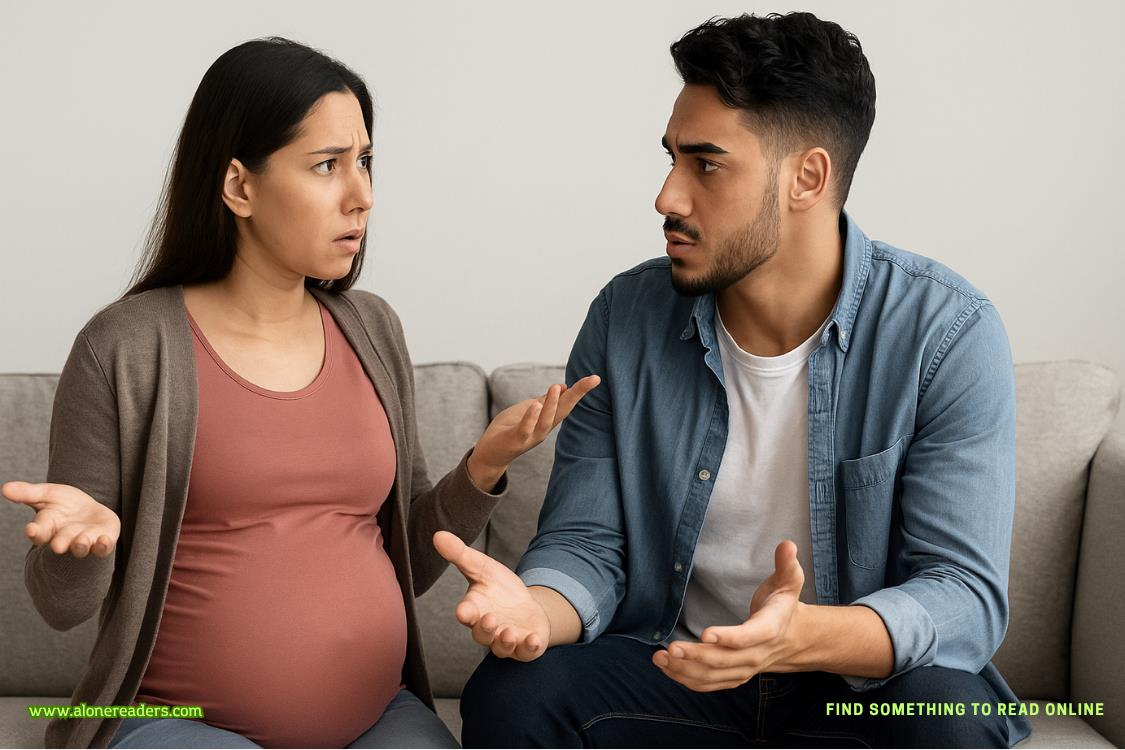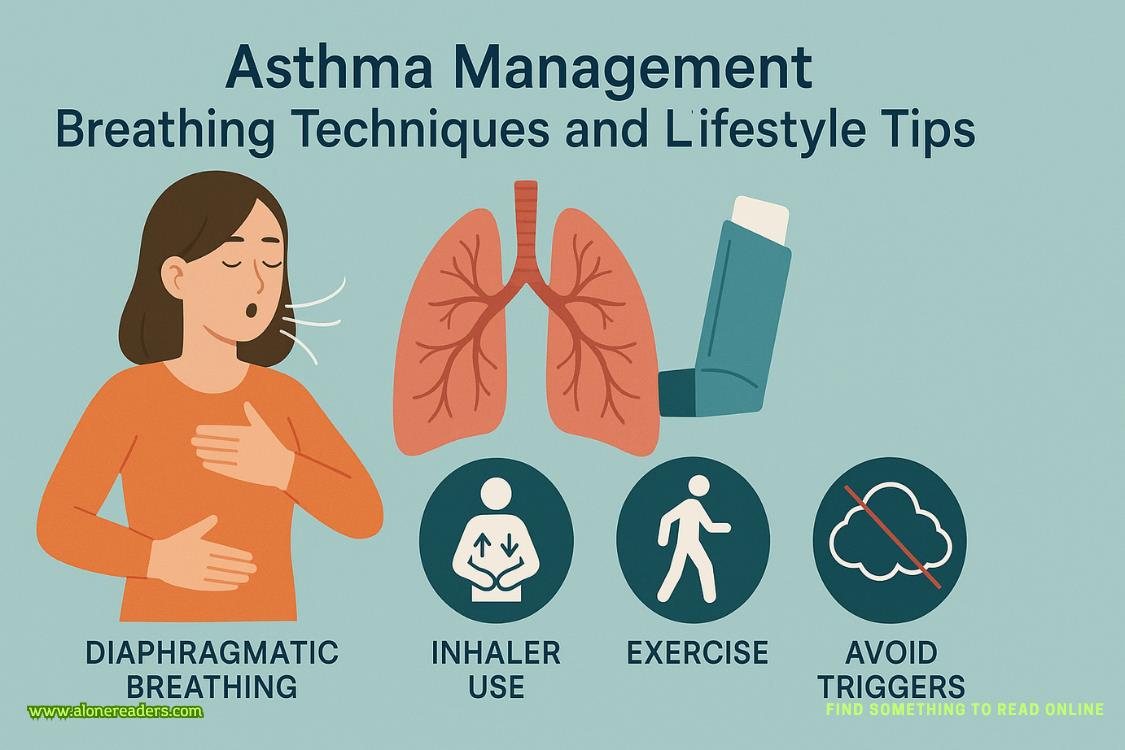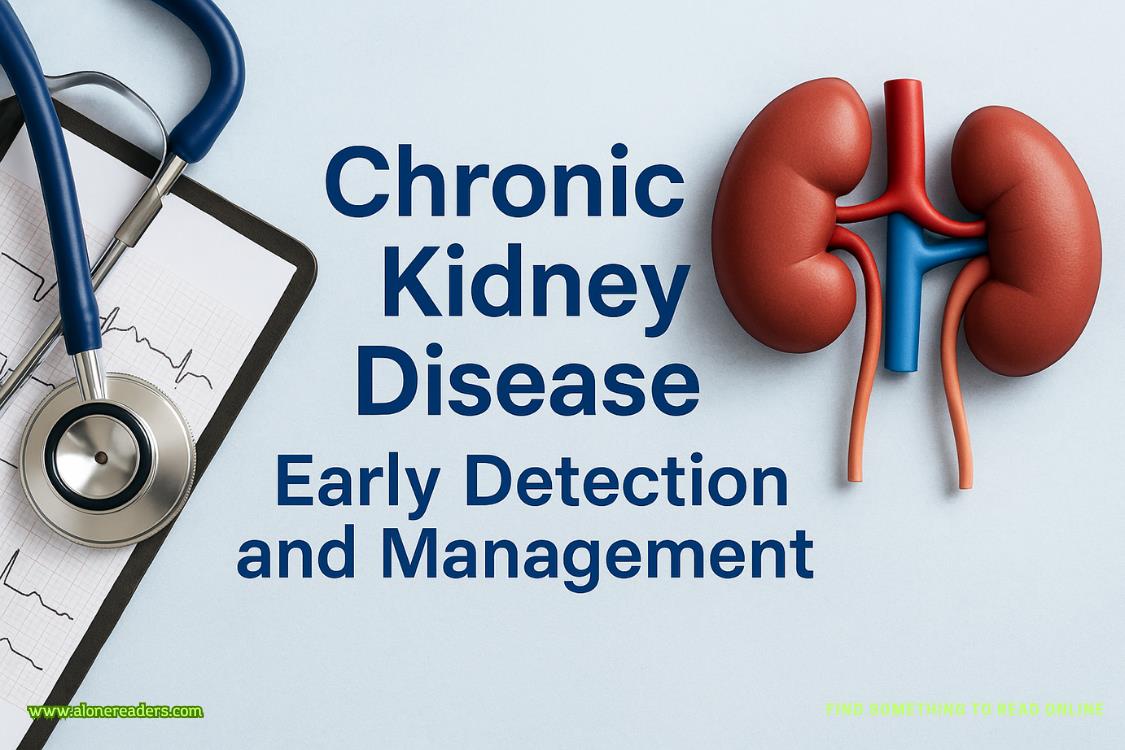Mine. Theword was simple and yet it held the world. It was an agreement. It waspossession. It was an invisible contract that lingered between us, and Iwould’ve gladly used my own blood to sign on the dotted line.
Butinstead of pricking a finger and sealing the deal, I simply nodded, as only twoclarifying words left my mouth.
“I’myours.”
***
Afterthe show that night, we greeted the cluster of fans waiting at the backstageentrance. While some acts would insist the gathering left and gave them space,Devin was cool. He felt we owed those fans an extra bout of gratitude, and Iagreed. The night was hot, and it was late, but they had stillwaitedand they deserved a picture and an autograph. Most ofthem, of course, wanted Devin’s attention and none of us begrudged him for it.He was the leading man, after all.
Buttonight, a young guy of about twenty purposely approached me with a Sharpie andhis ticket. He asked for my signature, and I gladly obliged.
“You’remy hero, man,” he admitted, and I lifted my eyes before the tip of the markercould touch the ticket.
Nobodyhad ever said that to me before.
Icocked my head with confusion. “Oh, yeah?” and I wasn’t looking for flattery,just an explanation.
“I,uh … I was diagnosed with Crohn’s Disease a couple of years ago.” He spoke in alow, even tone. Like he was embarrassed. Ashamed. And I completely understood.
“I’mreally sorry to hear that.” My voice dripped with sincerity as I scribbled myname on the back of his ticket and handed it back to him. My eyes met his tofind an intense amount of gratitude.
“Mygirlfriend broke up with me‘causeI was sick all the time. She didn’twannadeal withit.”
“Peopleare shitty,” I replied with unintended bitterness. If I hadn’t broken up withAli, I didn’t doubt for a second that she would’ve dumped me for the samereasons. “No pun intended.”
Thekid nodded. He was clearly angry, upset and hurt. But the initial gratitudehadn’t left his gaze. “You gave me hope, man. I was so embarrassed to admitthat this was going on, and I didn’t think I’d ever find someone else who’dwant me, despite this crap.” His mouth lifted in a weak smile. “No punintended.”
Ichuckled and tucked my hands into my pockets, waiting for him to continue.
“Anyway,uh …” He gripped the back of his neck, nervous and on the spot. “When I heardabout you just coming out and saying what was happening with you, Idunno… I, um … I just admired that so much, youknow?I’d been afraid to tell this girl I’d started dating,and you go out there in front ofallthese people andsay it. Like it’s nothing.”
Agruff chuckle found its way up from my chest as I shook my head. “Dude, don’t…” I cleared my throat and continued, “It wasn’tnothin’.Iwasscared and worried about what everyone would think.” I spokehonestly with this kid who obviously needed it. But withhereminder of what I’d done, of what I had told the world, those feelings ofapprehensive anxiety came barrelingback..
Mollycame to stand beside me and wrapped her arm around mine.
Thekid shook his head. “But you stilldid it.That’s what I’m saying. You were like, this is how it is, andwhether or notpeople accepted that about you, you didn’tcare. You’re myhero, man.” His gazedrifted toward Molly and he smiled politely. “And I feel like, if you can findsomeone to accept your shitty disease, then maybe I can find someone who’llaccept mine.”
Mollytook our picture and I gave the kid a hug and encouraged him to hang in there.I took his information and told him I’d be in touch, ready to offer a listeningear if he ever wanted it. I felt really good about it all, as I watched himwalk away without the tight-lippedsmilehe hadgreeted me with. I felt like I had truly made a difference in this kid’s life,and for a moment, I convinced myself that even if I just touched one person,that was enough.
Butas I climbed into the bus and got ready to settle in for the night, the turmoilbegan. I felt like a liar. Because at the reminder of supposedlynot caring, I suddenly did. I cared alot.I couldn’t stand the idea of being judged and ridiculed for something beyond mycontrol, and by the time I climbed into bed beside Molly, the curiosity hadeaten its way through myresolveand I grabbed myphone.
“Sweetie,”Molly groaned from beside me as I disturbed her arm across my chest as I sat upin bed. “We’regettin’ up early for yoga and a run.Go to sleep.”
“Yeah,I know,” I told her, but there was a dismissive tone to my voice as I broughtup my old friend, Google. “I will. I’m justlookin’something up.”
Shesighed and pressed her lips to whatever they could reach—my side—before rollingover and away from the light cast by my phone. I laid an apologetic handagainst her hip as my other typed “Chad Wilcox” into the search bar.
Iwas immediately gifted with a slew of webpages. Some were positive—about myguitar technique, my new and apparently enviable relationship, and even myunderrated singing abilities. But the bulk of the articles weren’t so nice. Myhair was too short. My body was too inked. My face was too whiskered, toosmooth, toobroody—whatever the hellthat means. I was a poser. I was a hick. I was undeserving of my position inthe band. “Should’ve kept Robbie White,” some said, reminding me of thatstrung-out dick I had replaced.
ButI didn’t care about any of that. The good, the bad—whatever. I loved mytattoos, and the hair on my head and face were the lengths I chose for myself.If I was soundeservingof my job,Devin would’ve fired me—just like he fired Robbie White years ago. Nah,all ofthat crap rolled right off of me. They were the resultsof choices made, simple as that.
However,what crawled under my skin wasn’t an article about me, but one about Molly. Thetitle read, “Why Singer Molly Dyer Can DoBetter Than Chad Wilcox—and Should,” and I knew better than to read it. Iknew I should’ve put the phone down and gone the hell to sleep. But I couldn’tstop myself, and as I read the article, an old, familiar anger made itself athome in my veins.
Becausewhat I found more infuriating than people criticizing me, was people making atarget of the woman I loved.
30
DefendHer















